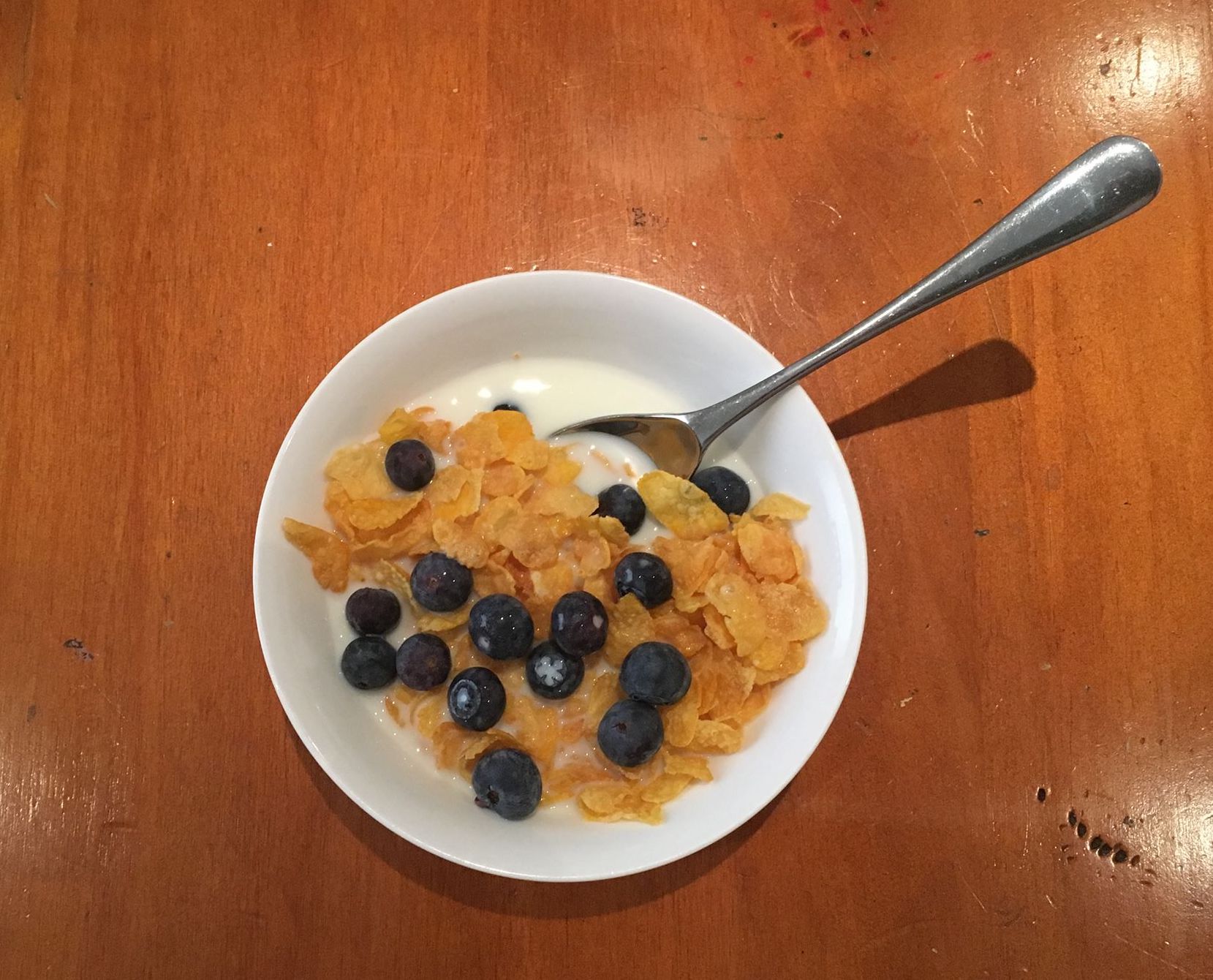It’s two years since Sharon Cultmore was diagnosed with coeliac disease – a diagnosis that has changed not just her diet but also her social life and lifestyle. Not only can she no longer enjoy her once-loved Danishes and pastries; when she does go out, she only has a few restaurant options that properly cater to coeliac diets.
Sharon is also an active member of the Christian community and can’t participate in dinner after church. She has to stress the importance of her coeliac diet to her new Bible study group every year when the dinner roster is drawn up.
Coeliac disease is a genetic auto-immune disease that affects one in 70 people in Australia. Sharon and other coeliac sufferers endure symptoms such as bloating, diarrhoea and abdominal pain, which occur when gluten in foods damages the villi, which is in the small intestine.
Gluten is present in many foods, including bread and pasta, right through to things like chocolate, lollies and soy sauce.
In an interview, Sharon listed a bunch of foods that she really misses. “Vegemite – I haven’t even bothered to try a substitute, because I know it won’t be as good. Bread – I basically don’t eat bread anymore, because there is no point. I know gluten-free bread won’t be as good and it’s more expensive.
”I also really miss Cadbury chocolate, I really love Cadbury chocolate.” And although gluten-free pizza bases exist, Sharon is adamant that they are never as good as the real thing.
According to Coeliac Australia’s dietitian, Penny Dellsperger, over the past five to 10 years there has been a dramatic increase in diagnoses of coeliac disease in young people and older people. However, research indicates that four out of five people are still undiagnosed.
If left untreated, coeliac disease can have a serious effect on not just your gut. Ms Dellsperger says it can lead to certain forms of cancer, liver disease, osteoporosis (because of the malabsorption of calcium and inflammation of the bone marrow), and dental defects in kids. Some women have trouble falling pregnant or suffer a series of miscarriages.

Ms Dellsperger says there are two main contributing factors to the dramatic increase in coeliac diagnoses. “One is that we are detecting it better – tests for coeliac disease have improved. Also, health professionals are recognising it better as well.”
Those suffering from coeliac disease have to be very careful when preparing food. In their own home it can be easy. However, it is hard when they want to eat out or even visit friends for dinner, because they have to rely on other people’s knowledge and understanding of the possible consequences of cross-contamination.
Despite the strict rules and management around preparing and choosing gluten-free food, it is now much easier for consumers to identify if gluten is present in food due to the strict labelling laws in Australia.
Kale, quinoa and vegan diets are trends that have taken the world by storm, with speciality cafes, restaurants and shops catering to health food fanatics. Gluten-free is the new food fad. People believe that going gluten-free makes you healthier and reduces fatigue.
Two Daughters Cafe in Surry Hills has added gluten-free items to the menu for a growing population of people that are convinced that gluten-free food is healthier.
“It’s been a business decision,” says the manager, Lisa. “I have had two regular customers come from Boxing Works [a nearby gym] saying that they have been told to eat gluten-free food because it is healthier for them.”
However, Ms Dellsperger says: “A gluten-free diet is not a healthier choice – you cut out a whole lot of really good high-fibre grains that are generally important for good health.”
Gluten-free carbohydrates also have a higher glycemic content, which means that you are often left feeling hungrier rather than fuller, and so tend to eat more than necessary.
Ms Dellsperger cautions that even with a gluten-free diet containing naturally gluten-free things such as fruit, vegetables, meat and eggs, “as soon as you cut anything out of our diet you need to make sure that you still are getting everything that you need”.


